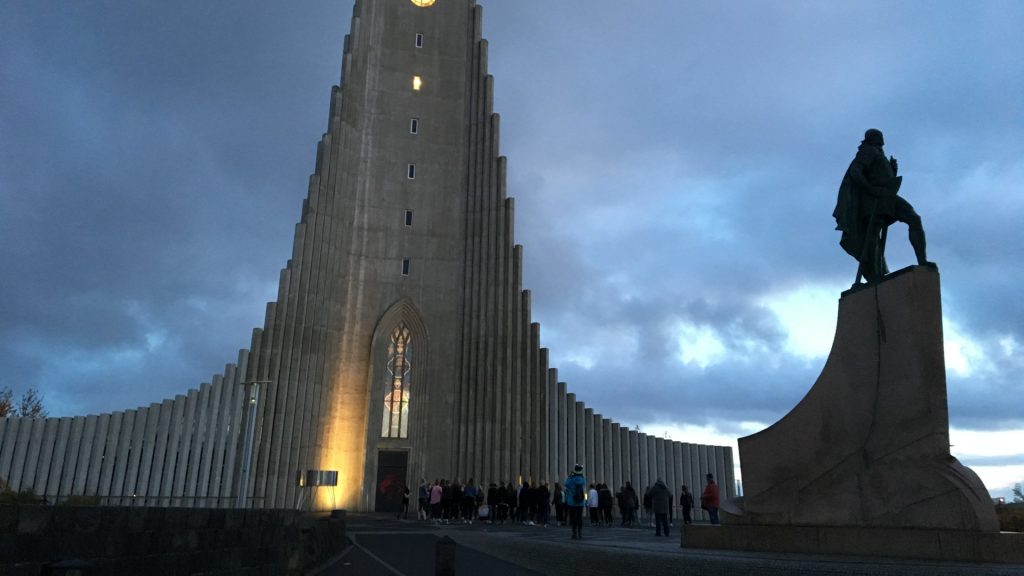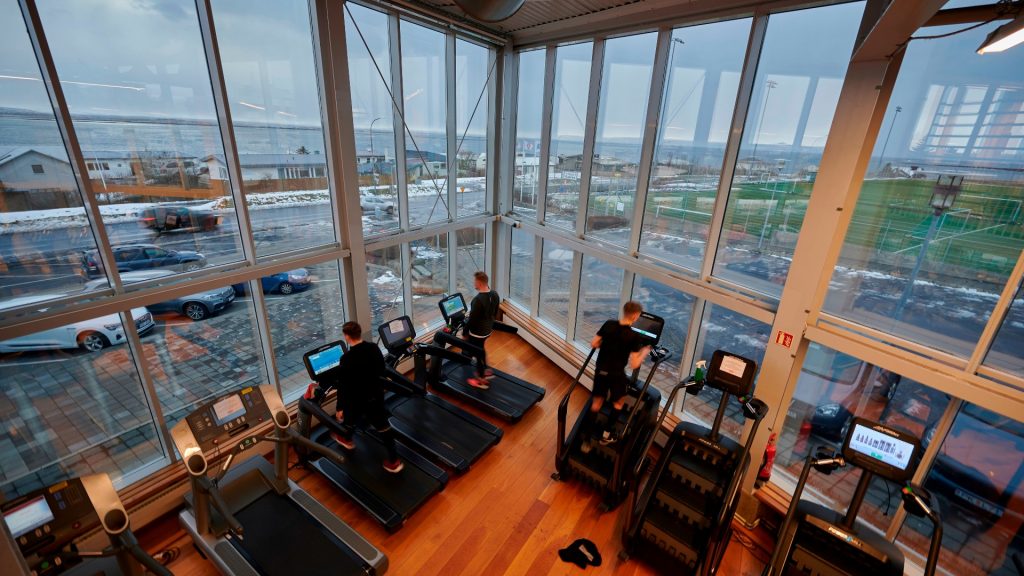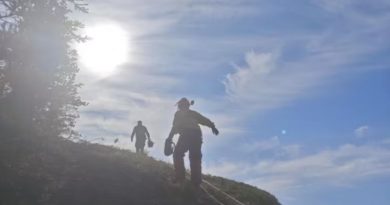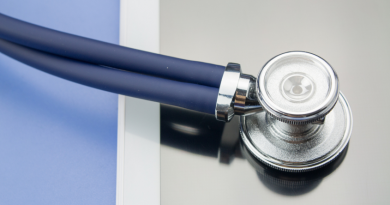With tougher border rules appearing to work, Iceland to relax some domestic restrictions

With Iceland’s tougher border screening and quarantine rules appearing to have put the breaks on new variant infections, the government plans to start relaxing some domestic restrictions starting on April 15.
As of Thursday, group restrictions will go from 10 to 20 people, some recreational facilities can reopen, and social distancing in schools will go from two meters to one.
“The Chief Epidemiologist’s memorandum states that the daily number of infections has diminished since the last tightening of restrictions at the borders,” the government said in a news release on Tuesday.
Iceland instigated tough new measures at its borders in March after a series of domestic infection clusters were traced to infections imported from abroad. Iceland sequences every COVID-19 case in the country and identified the highly contagious UK variant as the strain involved.
Health officials at the time determined that despite strict testing requirements at the border — that adult travellers be required to have a PCR test upon arrival in Iceland, followed by a second screening five days later — a number of positives were still showing up on the second test.

Other measures put in place included requiring sampling for children born in 2005 or later, travellers carrying proof of vaccination or prior infection, and increased monitoring for people in quarantine and isolation.
“This has been effective in preventing a more extensive group infection or the spread of infections,” the government said.
“However, the Chief Epidemiologist points out that the virus has not been eliminated from the community. We must continue to be extra careful because of the extensive spread of the disease in the neighbouring countries and the new variants of the virus. The key to the relaxation of local restrictions is to take the utmost care at the borders.”
Infection portrait improving

As of Tuesday, Iceland was reporting 16.1 domestic infections per 100,000 people, and 6 cases per 100,000 people at the border.
Health authorities said there was only one person in the country currently hospitalized with COVID-19.
Over 90 per cent of Icelanders 70 years and older have also been vaccinated to date.
Write to Eilís Quinn at eilis.quinn(at)cbc.ca
Related stories from around the North:
Canada: Arctic Tourism & the Pandemic podcast, Eye on the Arctic
Finland: Mysterious coronavirus variant in Arctic Finland is rare US-Mexican strain, Yle News
Denmark/Greenland: Greenland authorities buoyed by high demand for COVID-19 vaccine, Eye on the Arctic
Iceland: UK variant cases prompt Iceland to tighten up border measures and domestic restrictions, Eye on the Arctic
Norway: Norway extends border closure with Finland due to pandemic, The Independent Barents Observer
Russia: Norway closes borders over fears of virus, but exempts Russian fishermen from severely infected border region, The Independent Barents Observer
Sweden: COVID-19 strategy darkens Sweden’s image in the Nordics, Radio Sweden
United States: Alaska politicians send Trudeau letter saying they’re “shocked” over Canada’s COVID-19 cruise ship ban, Eye on the Arctic



